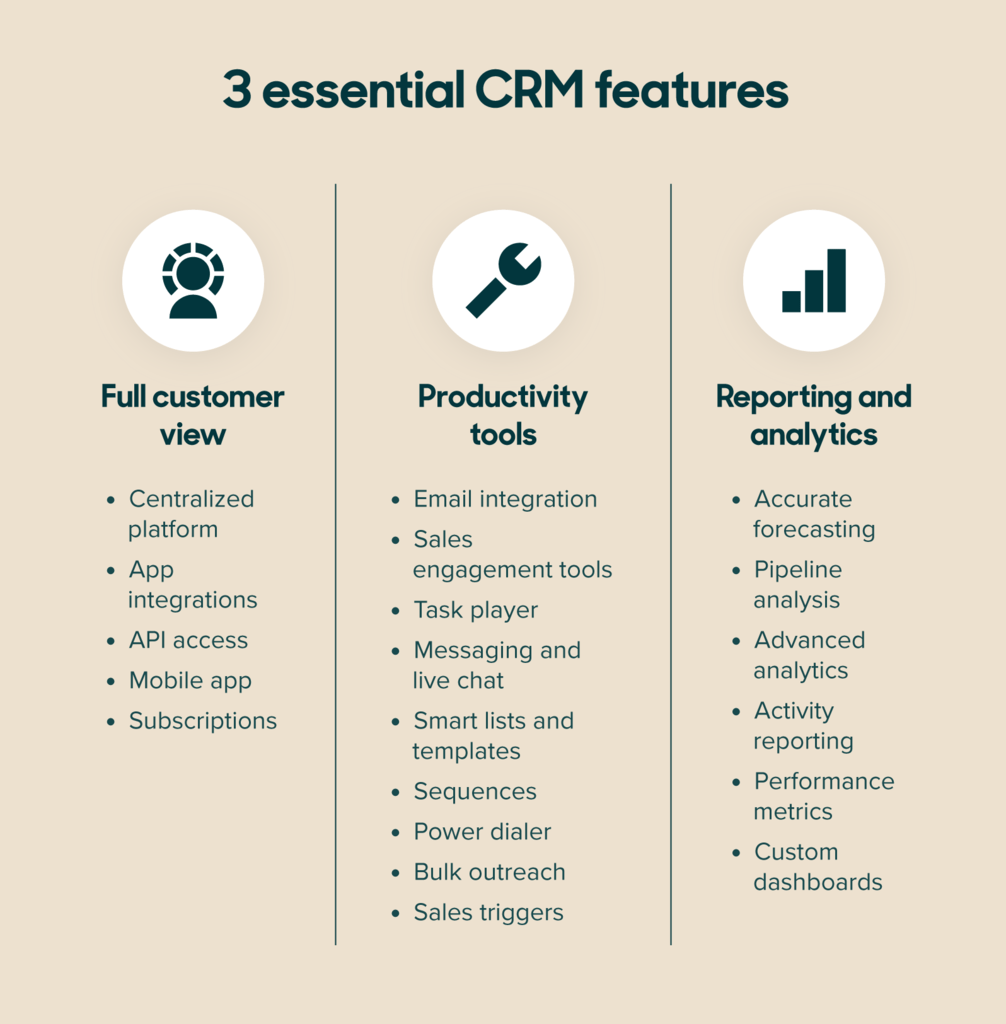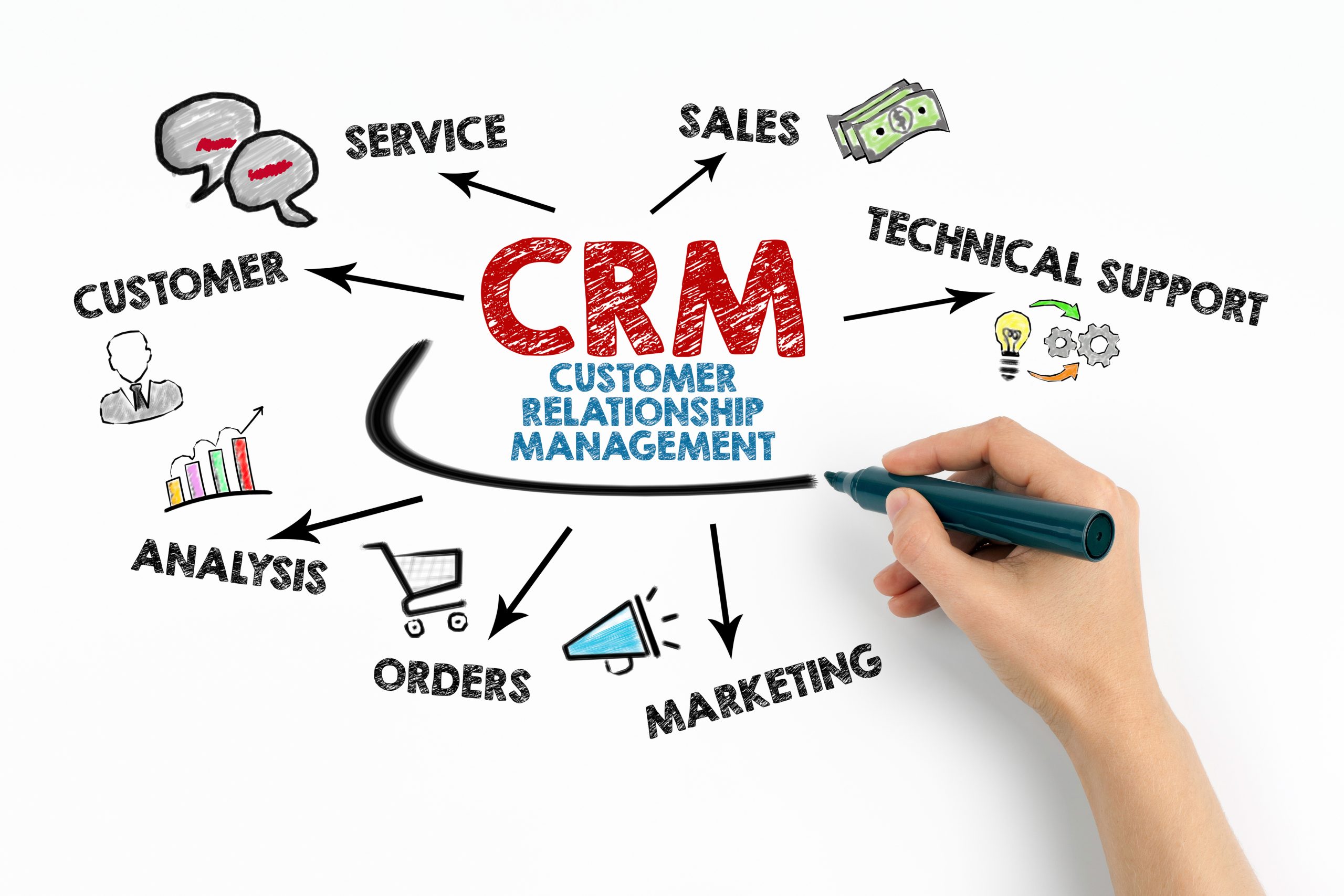
Alpha Testing Your CRM: Why It’s Essential for Success
Introduction
In the fast-paced world of business, Customer Relationship Management (CRM) systems are no longer a luxury; they’re a necessity. A CRM is the central hub for managing interactions with customers, tracking leads, automating tasks, and gaining insights that drive growth. However, implementing a new CRM or even updating an existing one can be a complex undertaking. This is where alpha testing comes in.
Alpha testing, often the first phase of software testing, involves a small group of internal users rigorously evaluating the CRM system in a controlled environment. Think of it as a dress rehearsal before the big show. This process is crucial for identifying bugs, usability issues, and areas where the CRM doesn’t quite meet the organization’s needs.
This article will delve into the importance of alpha testing your CRM, the benefits it brings, how to conduct effective alpha testing, and why it’s an indispensable step in ensuring a successful CRM implementation.
The Importance of CRM Alpha Testing
CRM systems are intricate, touching virtually every aspect of a business, from sales and marketing to customer service and operations. A poorly implemented or untested CRM can lead to a host of problems, including:
- Data Entry Errors: Inaccurate or incomplete data can skew reports, lead to misguided decisions, and erode customer trust.
- Workflow Disruptions: A CRM that doesn’t align with existing workflows can create bottlenecks, slow down processes, and frustrate employees.
- Integration Issues: Problems with integrating the CRM with other systems (e.g., accounting software, email marketing platforms) can lead to data silos and inefficiencies.
- User Adoption Resistance: If employees find the CRM difficult to use or unhelpful, they’re less likely to adopt it, rendering the investment worthless.
- Security Vulnerabilities: Untested security features can leave sensitive customer data exposed to breaches and cyberattacks.
Alpha testing acts as a safeguard against these potential pitfalls. By thoroughly testing the CRM in a controlled environment, organizations can identify and address issues before they impact the wider business.
Benefits of Alpha Testing
Alpha testing offers a multitude of benefits that contribute to a smoother, more successful CRM implementation:
- Early Bug Detection: Alpha testing allows for the identification of bugs and defects early in the development cycle, when they are easier and less costly to fix.
- Improved Usability: By involving internal users in the testing process, organizations can gain valuable feedback on the CRM’s usability. This feedback can be used to make improvements that enhance the user experience and encourage adoption.
- Enhanced Functionality: Alpha testing can uncover gaps in functionality or areas where the CRM doesn’t quite meet the organization’s needs. This allows for modifications to be made before the CRM is rolled out to a wider audience.
- Reduced Implementation Costs: By identifying and fixing issues early on, alpha testing can help reduce the overall cost of CRM implementation.
- Increased User Confidence: When employees are involved in the testing process, they gain a better understanding of the CRM and its capabilities. This can increase their confidence in the system and make them more likely to use it effectively.
- Risk Mitigation: Alpha testing helps to mitigate the risks associated with CRM implementation by identifying and addressing potential problems before they can cause significant disruption.
Conducting Effective Alpha Testing
To reap the full benefits of alpha testing, it’s important to approach the process strategically. Here’s a step-by-step guide:
- Define Clear Objectives: Before starting alpha testing, clearly define the goals you want to achieve. What specific areas of the CRM do you want to test? What metrics will you use to measure success?
- Select the Right Alpha Testers: Choose a small group of internal users who represent different departments and roles within the organization. Ideally, these users should be tech-savvy, detail-oriented, and willing to provide honest feedback.
- Create a Test Plan: Develop a detailed test plan that outlines the scope of the testing, the test cases to be executed, and the expected results. Ensure that the test plan covers all critical aspects of the CRM, including data entry, workflows, integrations, and security.
- Set Up a Testing Environment: Create a dedicated testing environment that is separate from the production environment. This will prevent any testing activities from affecting live data or disrupting ongoing operations.
- Provide Training and Support: Ensure that alpha testers are properly trained on the CRM and have access to the resources they need to perform their testing tasks. Provide ongoing support to answer questions and address any issues that arise.
- Execute Test Cases: Have alpha testers execute the test cases according to the test plan. Encourage them to document any bugs, usability issues, or areas where the CRM doesn’t meet expectations.
- Gather Feedback: Collect feedback from alpha testers on a regular basis. This can be done through surveys, interviews, or focus groups.
- Analyze Results: Analyze the feedback from alpha testers to identify trends and patterns. Prioritize issues based on their severity and impact.
- Fix Bugs and Make Improvements: Work with the CRM vendor or internal development team to fix bugs and make improvements based on the feedback from alpha testers.
- Retest: After fixes and improvements have been made, retest the CRM to ensure that the issues have been resolved and that no new problems have been introduced.
Alpha Testing Best Practices
- Start Early: Begin alpha testing as soon as the CRM is stable enough to be used. The earlier you start testing, the more time you’ll have to fix issues and make improvements.
- Be Thorough: Don’t rush the testing process. Take the time to thoroughly test all aspects of the CRM.
- Document Everything: Keep detailed records of all testing activities, including test cases, results, and feedback. This documentation will be invaluable for future reference.
- Communicate Effectively: Maintain open communication between the alpha testers, the CRM vendor, and the internal development team.
- Be Flexible: Be prepared to adjust the test plan as needed based on the feedback from alpha testers.
- Focus on the User Experience: Pay close attention to the user experience. A CRM that is difficult to use is unlikely to be adopted by employees.
- Test Integrations: Thoroughly test the integration of the CRM with other systems to ensure that data flows seamlessly between them.
- Test Security: Conduct thorough security testing to ensure that the CRM is protected against unauthorized access and data breaches.
- Consider Performance: Monitor the performance of the CRM during alpha testing to identify any potential bottlenecks or performance issues.
- Use Automation: Leverage test automation tools to streamline the testing process and improve efficiency.
Moving Beyond Alpha Testing
Alpha testing is just the first step in the CRM testing process. Once alpha testing is complete, organizations typically move on to beta testing, which involves a larger group of external users. Beta testing provides valuable feedback from real-world users and helps to identify any remaining issues before the CRM is rolled out to the entire organization.
Conclusion
Alpha testing is an essential step in ensuring a successful CRM implementation. By identifying and addressing issues early on, organizations can reduce implementation costs, improve user adoption, and mitigate the risks associated with CRM projects. By following the steps outlined in this article and adhering to the best practices, organizations can conduct effective alpha testing and reap the full benefits of their CRM investment.
In the end, investing the time and resources in thorough alpha testing will pay dividends in the form of a more robust, user-friendly, and effective CRM system that drives business growth and improves customer relationships.

